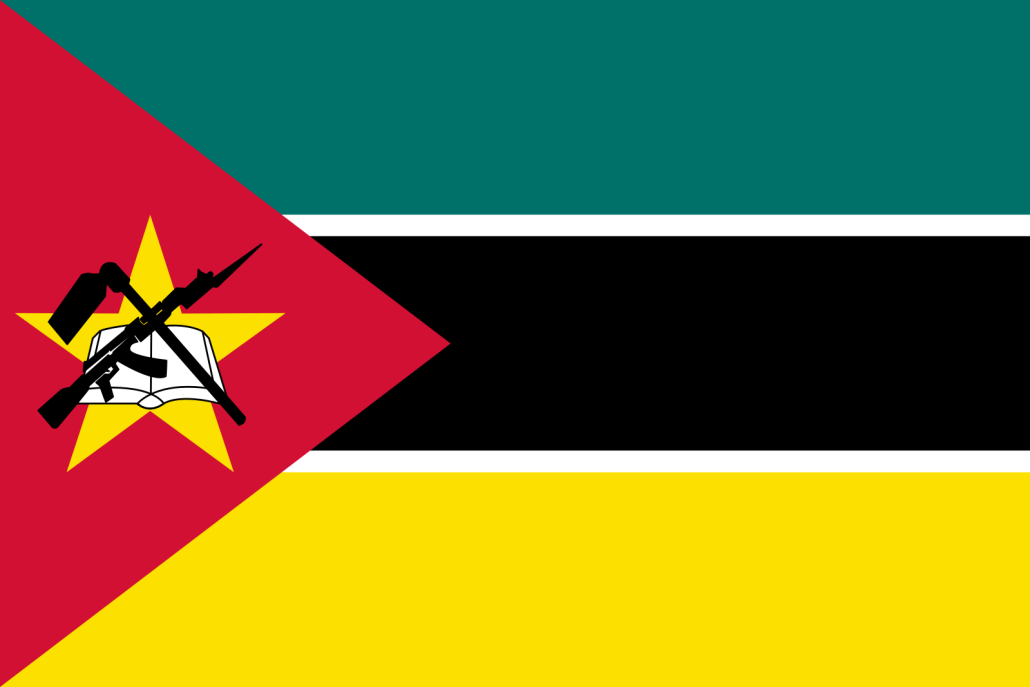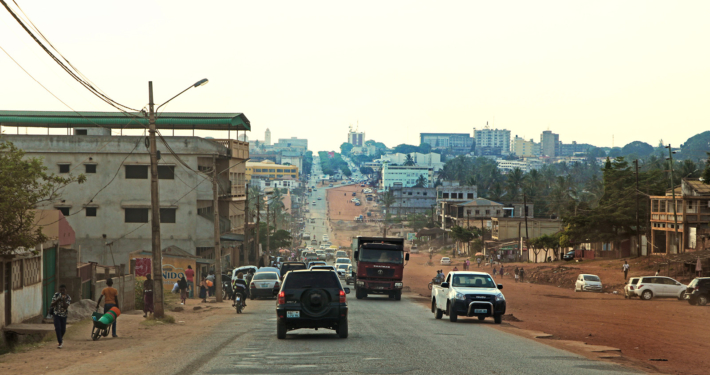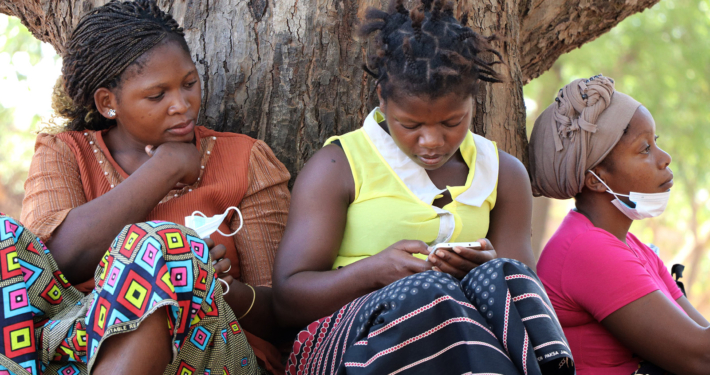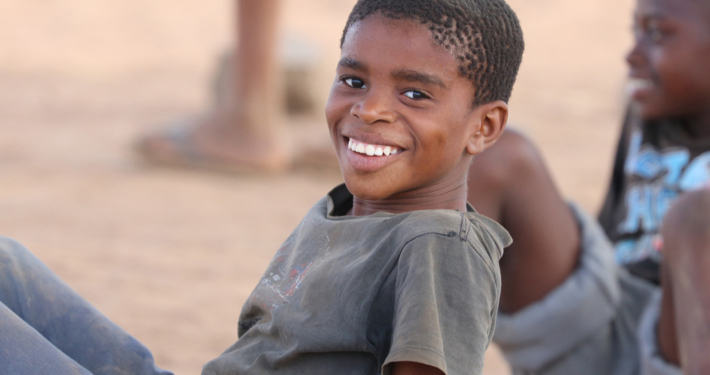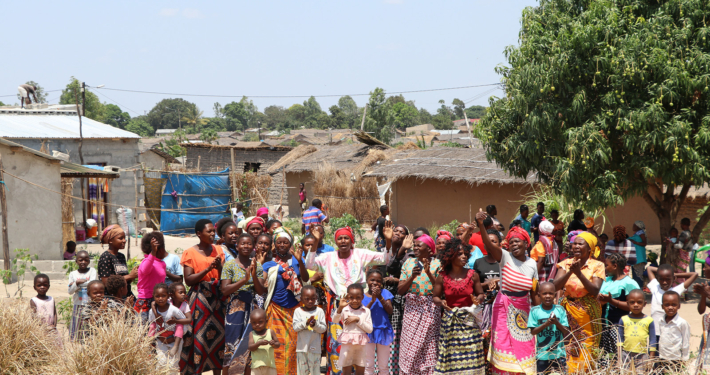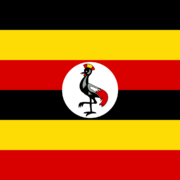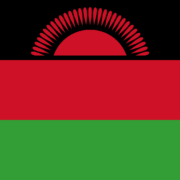Open Doors reports the presence of radical Islamists, particularly in the northern regions, has made life increasingly perilous for Christian communities. These extremists have unleashed a wave of violence, targeting Christian places of worship, abducting religious leaders and killing numerous Christians. Their activities are not isolated but are part of a broader ideological campaign to impose a strict interpretation of Islamic law, making Christians a specific and vulnerable target.
The organization also flagged the influence if drug cartels as a concern for Freedom of Religion of Belief (FoRB). Mozambique has become a significant hub for the international drug trade, and this has given cartels a vested interest in controlling various parts of the country. Church youth workers, who often act as community leaders advocating for change, find themselves caught in a web of violence and intimidation. These criminal organizations view any form of organized social activity, including church activities, as a threat to their control over local communities.
Open Doors further states that official policies and practices restrict the freedom to worship and express religious beliefs openly. Churches face administrative hurdles, there are barriers to religious education, and public expressions of Christian faith often lead to scrutiny and sometimes even arrest.
IRFR stated in 2020: “Religious leaders continued to express concern that a draft law on religious practices, proposed in 2019 that was still pending in parliament at year’s end, could prevent religious groups that have fewer than 500 followers from registering with the Ministry of Justice. Leaders of small religious communities expressed concern that the registration requirement would prevent them from registering their organizations. According to a religious leader, the draft law would also require followers to have their identities attested by a notary, which would create an administrative barrier to religious practice.” This draft law is still under consideration.
Freedom House reports that the government responses to attacks by armed Islamists have involved closing mosques and detaining Muslim leaders.
Of additional concern is the government’s treatment of media reporting on the insurgency, or printing criticism against its handling of the situation. “The government is known to retaliate against critical journalists, including by cancelling public advertising contracts. Journalists and political commentators appearing on television programs have been the targets of attacks and kidnappings in recent years. Police frequently harass, assault, and detain journalists. In December 2023, João Chamusse, editor of Ponto por Ponto newspaper, was found dead outside his home his home in KaTembe, near Maputo. Chamusse, who had covered corruption and had criticized the government in commentary on TV Sucesso, had reportedly received death threats prior to his killing,” reports Freedom House.

